Imagine that you have been waiting for years to announce a concept that has the potential to change the world; you have worked day and night to prepare with the best team, obtained the best practices, and sent out all invitations to the event you have considered to be the one that will change your life and set you on a greater path, only to have everything ignored because someone with more influence than you dismissed it and said, “absolute nonsense,” with a huge sigh of disgust…
In the general elections of 2023, Nigerians, particularly the younger generation, experienced everything on this scale.
“2023 really presented itself as a time to actually make a difference, but it appears that apoliticism will reclaim its throne.”
This isn’t just about whether or not opposition party threats or the threat of being shot dead by a desperate or disgruntled opponent will keep young people out of politics; it’s also about whether or not my opinion will be heard if all others are muted.
A young man in thick blue glasses, glass of wine in hand and a phone about to be lowered to the table right after the conclusion of a question, gets asked by a lady standing few steps in front of him “will you go out to cast your vote?” Her skewed position prevented him from getting a good look at her face, so he muttered, “Our votes have never mattered, so why should I go in the sun just to waste my time?” Even if he was disgusted, he did not express it.
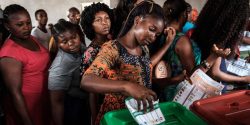
To many, the remark will smell of political apathy, but it’s really more about skepticism than apathy. Was he accurate? Well, there was a robbery of rights, but that is not the issue. Skepticism here is a loss of faith in the political system and a misplaced hope that young people will be taken seriously. Lack of drive results from skepticism, which breeds more skepticism. If the laws that govern actions and those who create them have their eyes blindfolded, then collective political participation will be ineffective.
Inclusion has long been an issue, and the major political parties are full of individuals who constantly refer to the “leaders of tomorrow” while still aspiring to lead them past the aforesaid “tomorrow.”
There is an increased devotion to either securing more political power or making the views of the young people just sound like noiseless cymbals—without any rhythm, melody, direction, or fulfillment.
Threats, intimidation, and tribalism, among other elements of rights degradation, have been used to stifle the efforts of young people who renewed their fire and hope for a better Nigeria.
With all observed, we will pay attention to how events develop over time, which is the faith anchor. We will hope for changes based on lessons learned—if any but given the fragility of youth involvement in politics because of the challenges highlighted, we can choose to walk in strength through our voices, deeds, choices, and interests in the Nigeria of today and always.
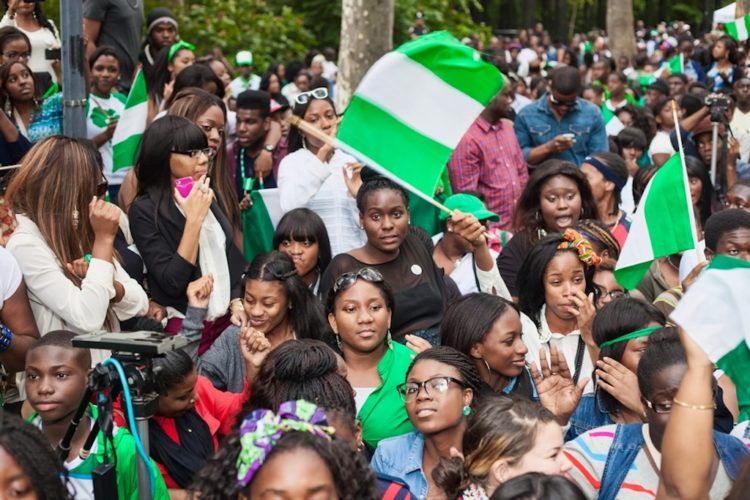

 Latest4 days ago
Latest4 days ago
 Latest6 days ago
Latest6 days ago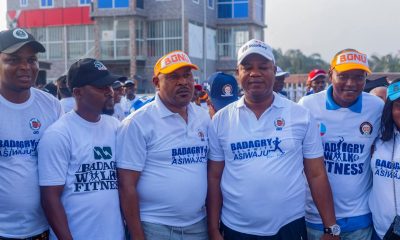
 News3 days ago
News3 days ago
 Energy7 days ago
Energy7 days ago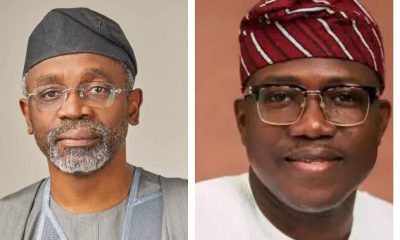
 Latest4 days ago
Latest4 days ago
 Comments and Issues6 days ago
Comments and Issues6 days ago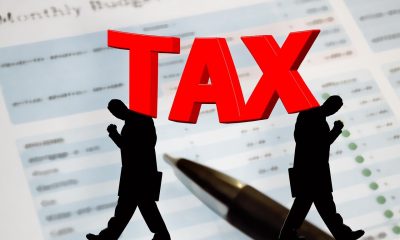
 Business7 days ago
Business7 days ago
 Business7 days ago
Business7 days ago

